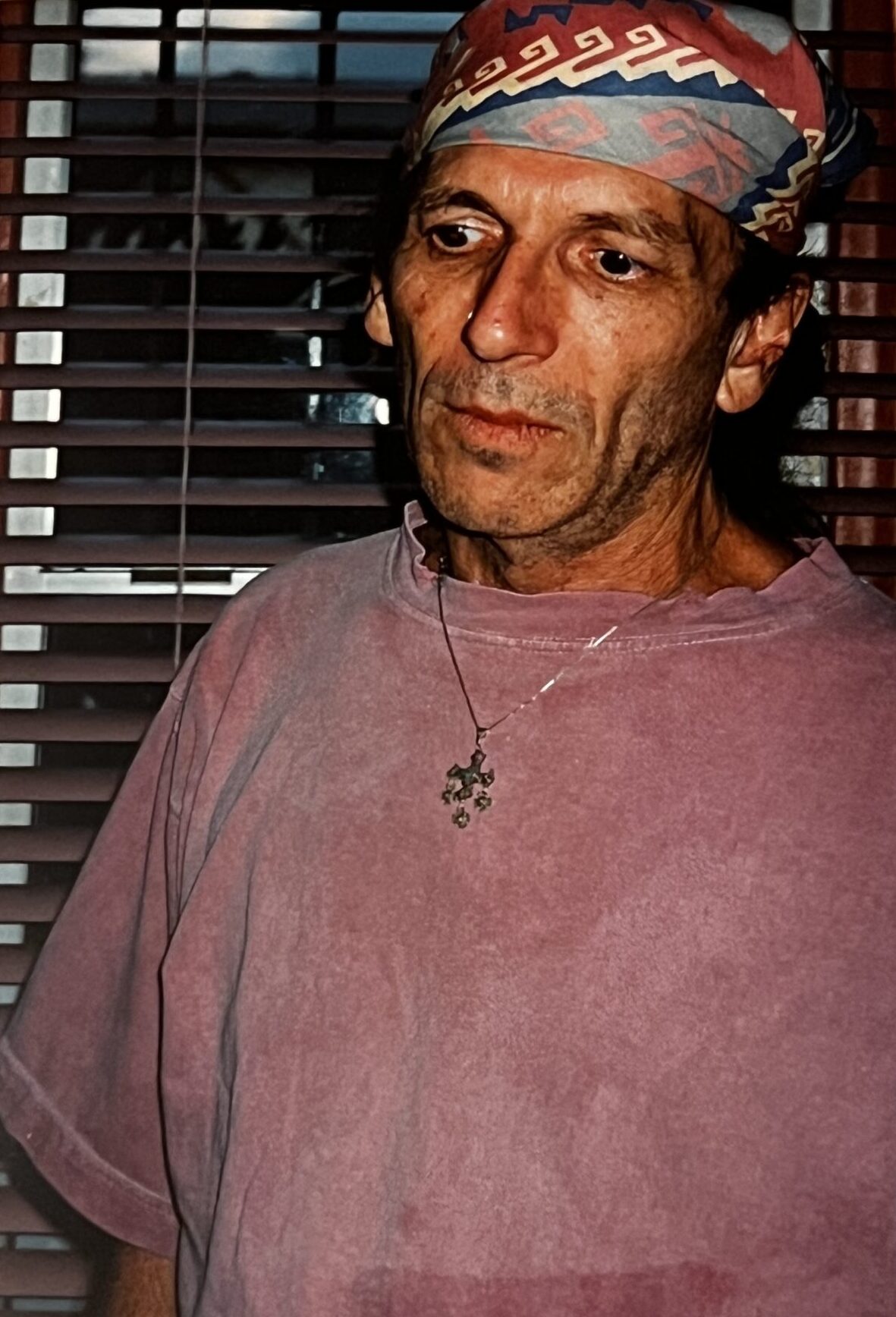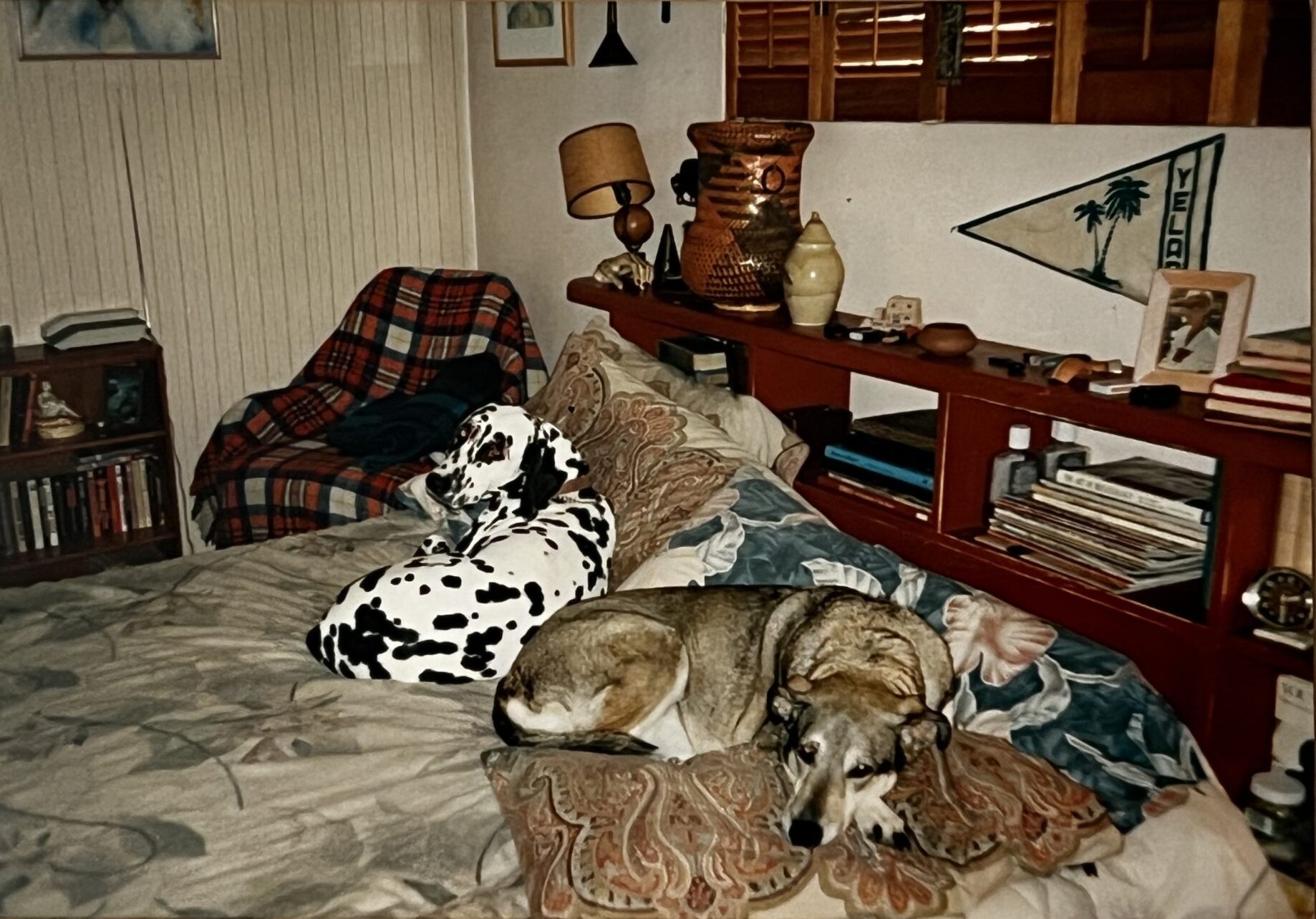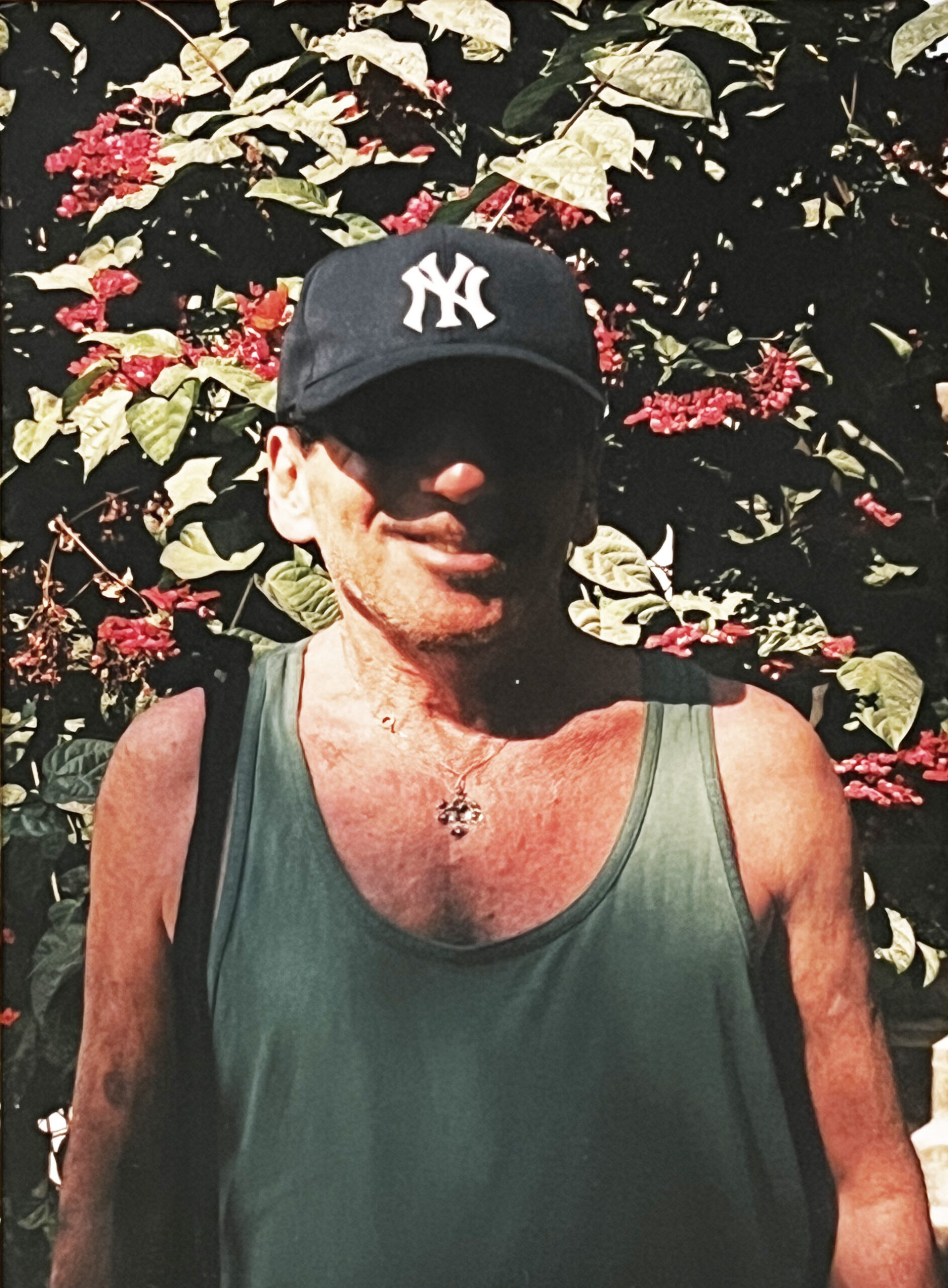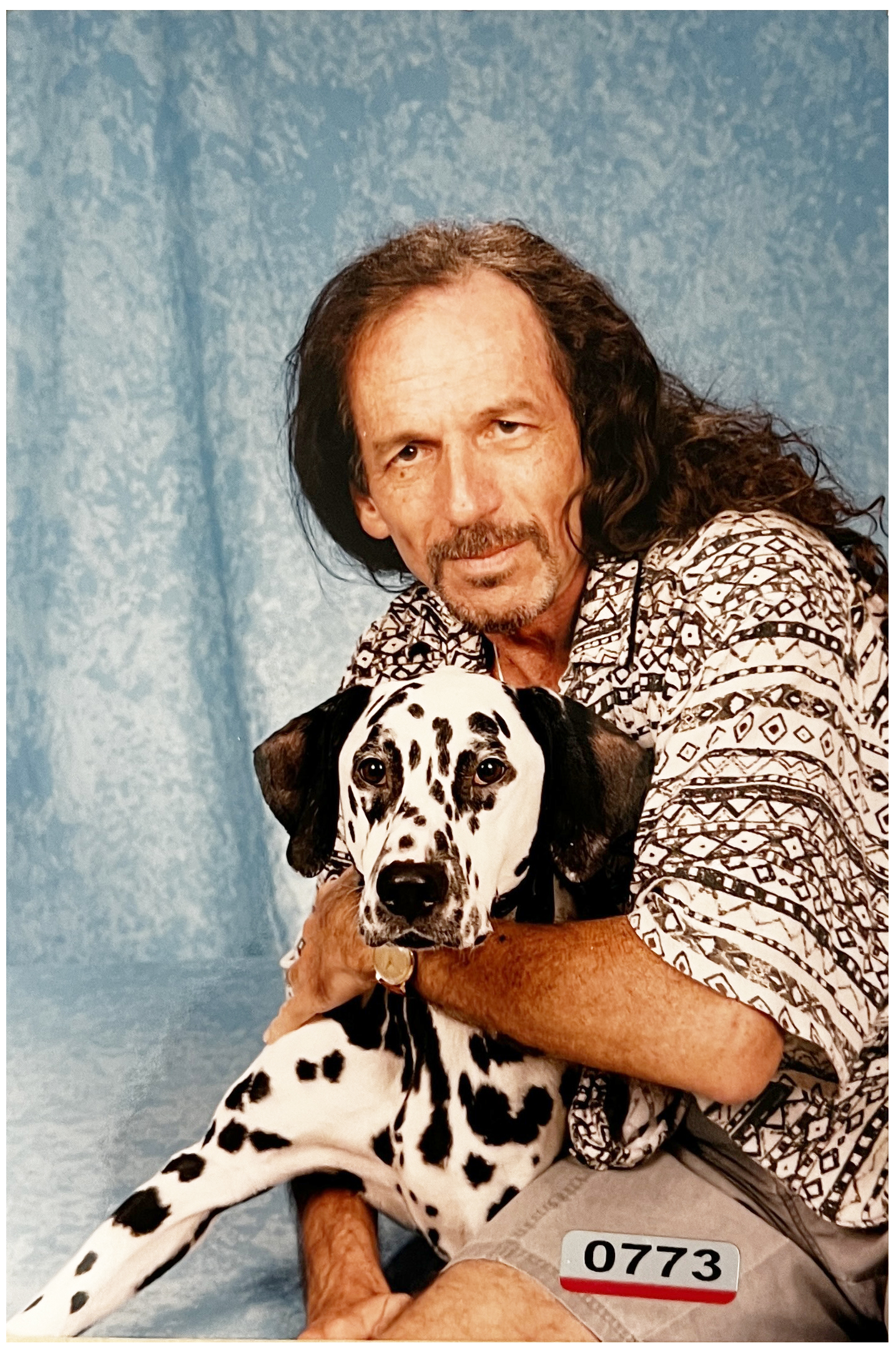Sebastian came of age during San Francisco’s famous Summer of Love. He was mentored in show biz savvy by the great rock impresario, Bill Graham. He programmed midnight movies at The Palace, managed and promoted the legendary Cockettes and made the cult hit “Tricia’s Wedding”.
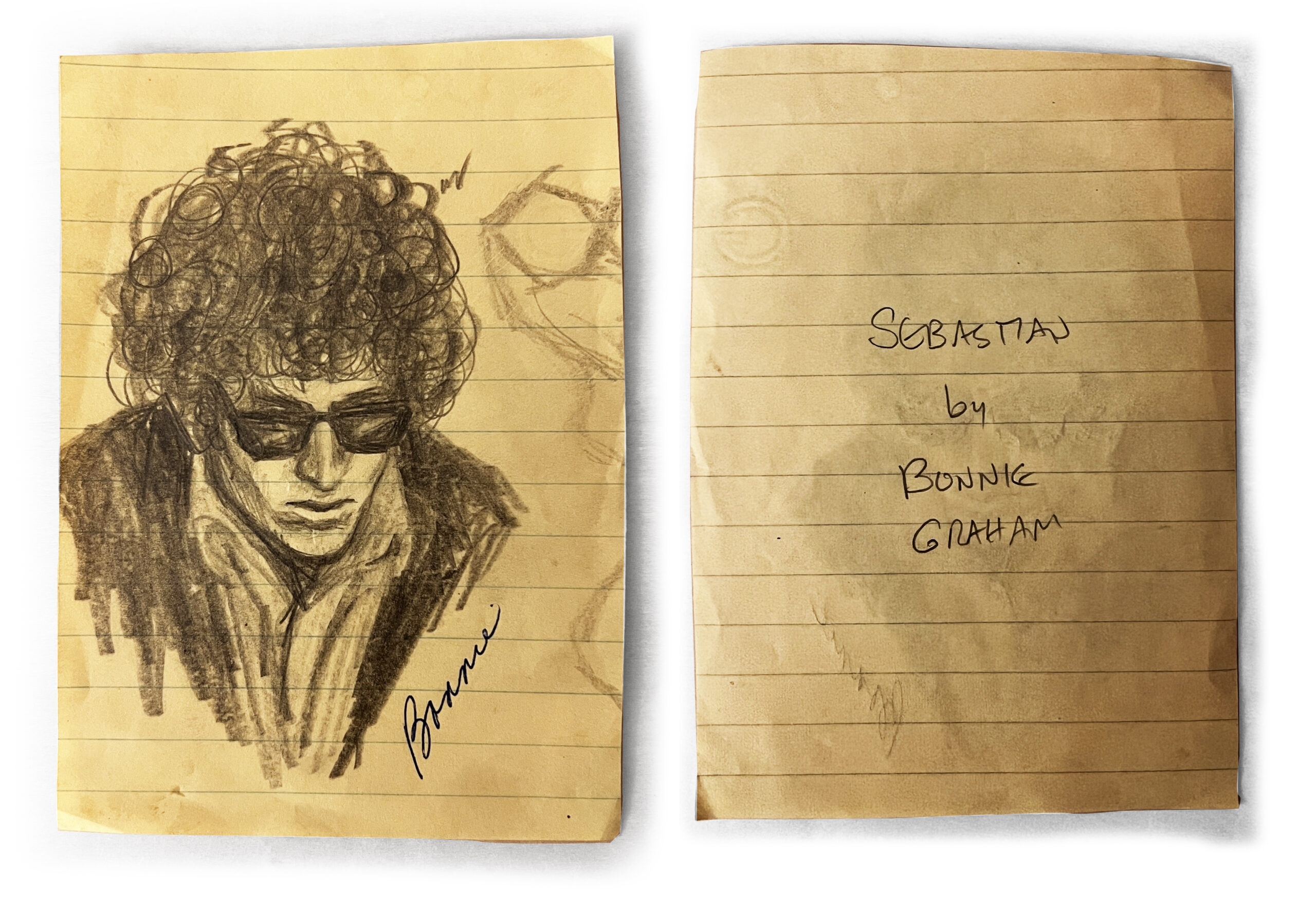
About
Sebastian was born and raised in Houston, Texas. The Gulf Coast permeates much of his writing and is the setting for a number of his short stories. In his mid twenties he moved to New York to study play writing under Gene Frankel, a prominent director, at the time. His situation in New York was terrible, hideous apartment and mindless job, although the availability of theater contributed to his growth as a writer. After less than six months in the big city Sebastian moved to San Francisco to live with a boyfriend and continued to produce in theater workshops.
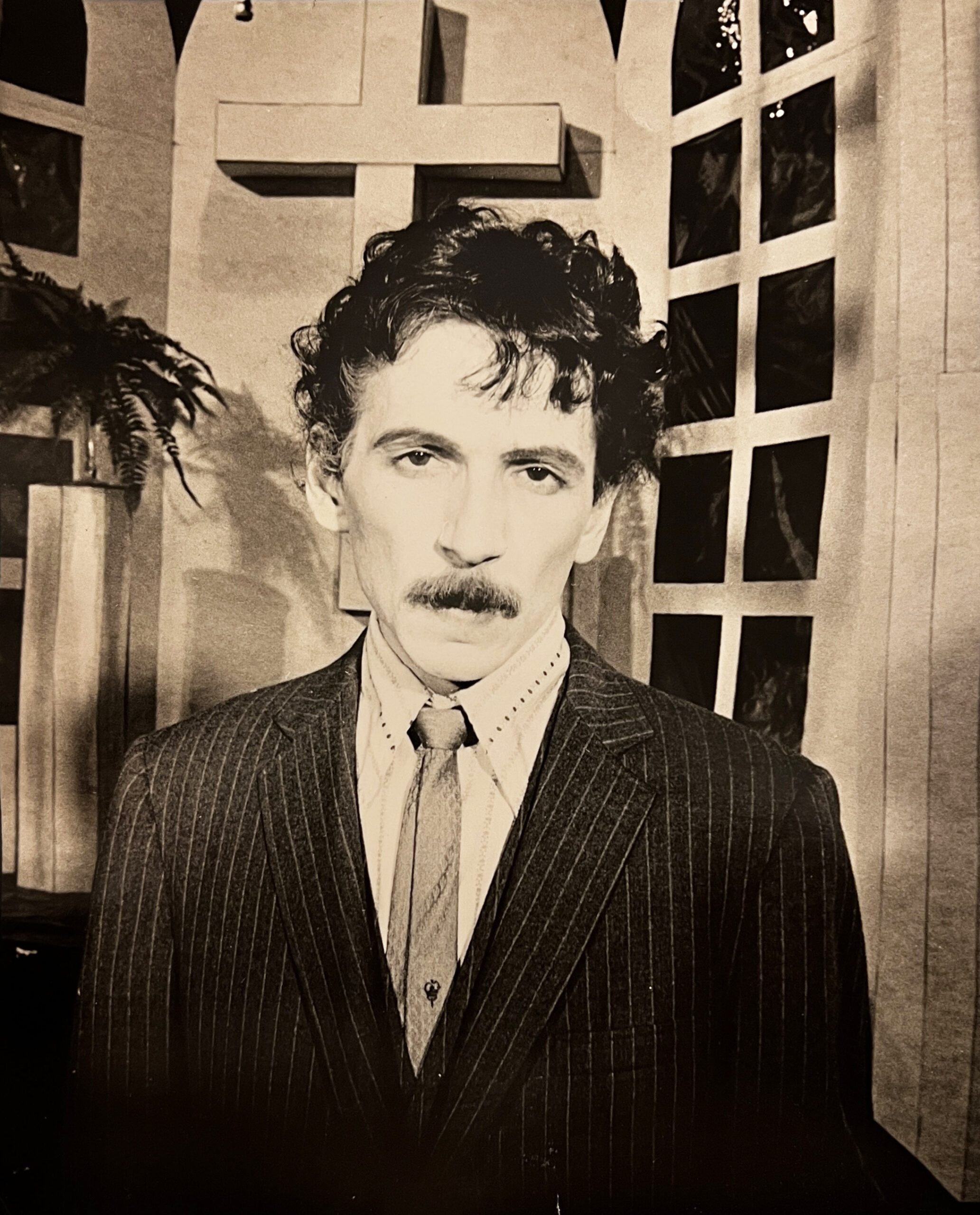
San Francisco
During the early years in San Francisco he spent his time exploring the Bay Area and widening his social contacts which eventually brought him into partnership with artist and filmmaker. Steven Arnold. In 1969 they began a midnight film series in a Chinese Movie Theater called The Palace, where Sebastian programmed an eclectic mix of experimental, classic and camp films under the label, Nocturnal Dream Shows.
Although the programs began as a showcase for films clearly outside the mainstream and were popular with a stoned-out audience from the start, eventually Sebastian branched out to include live entertainers. Stoners of which there were many in the audience may have found this charming but the performers believed they were better than their shows and opted for a more formal structure. This created a schism in the group, and Hibiscus, the defacto leader took a number of performers off to become The Angels of Light and began performing free shows as demanded by their spiritual guru, Irving Rosenthal. Those that remained at The Palace went on to a glorious two year run of creative vitality and elan.
The Cockettes
In December 31, 1969 introduced the outrageous drag performers known as The Cockettes. The Cockettes took the city by storm and were the rage for over two years, creating a new show every month or so, each show more elaborate than the one before. Eventually they created a show, Pearls Over Shanghai, that they could perform multiple times, with original book and music. Part of The Cockettes initial appeal was their anarchic style of performance which included collapsing cardboard sets and a seemingly lack of direction.
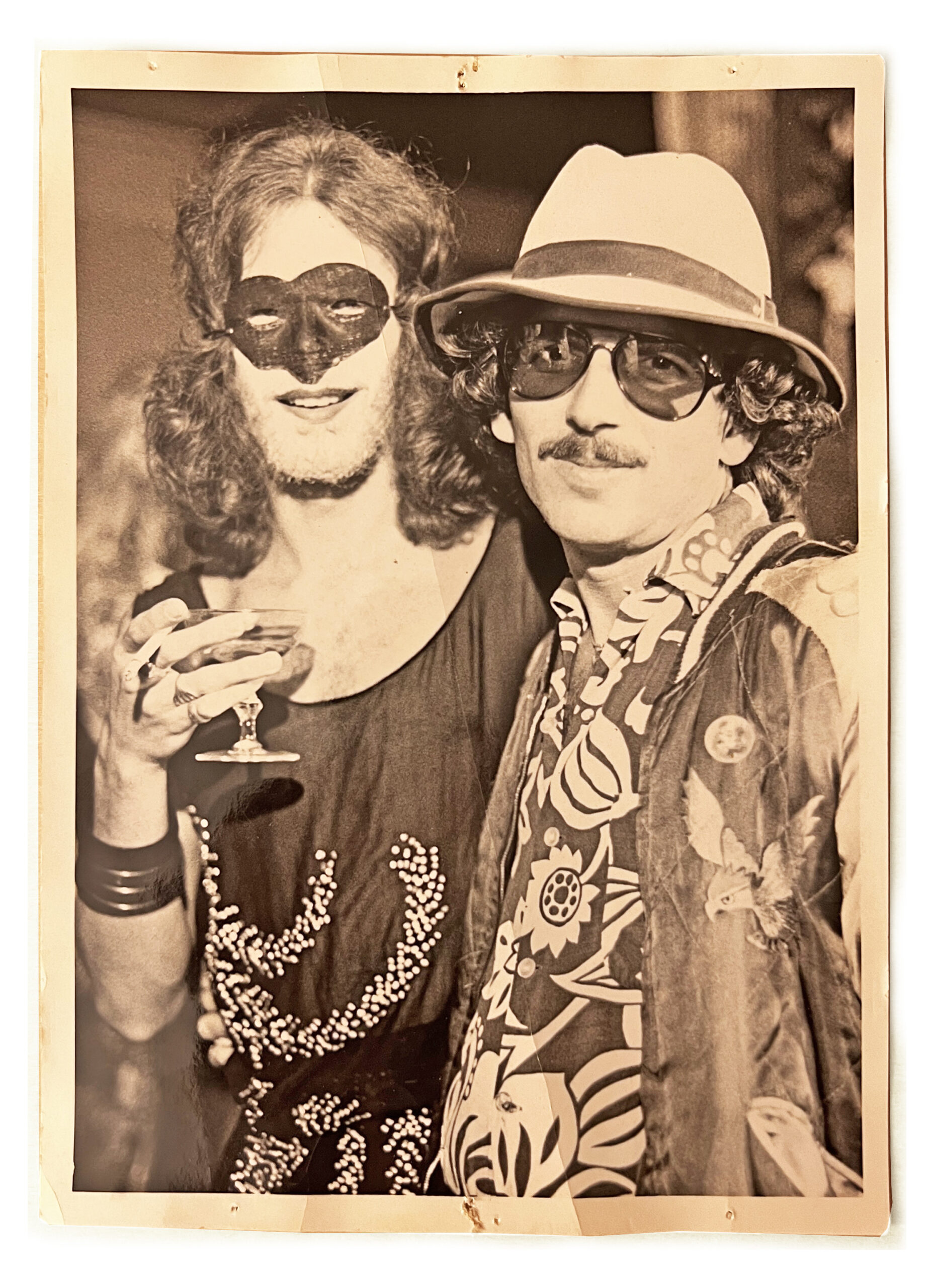
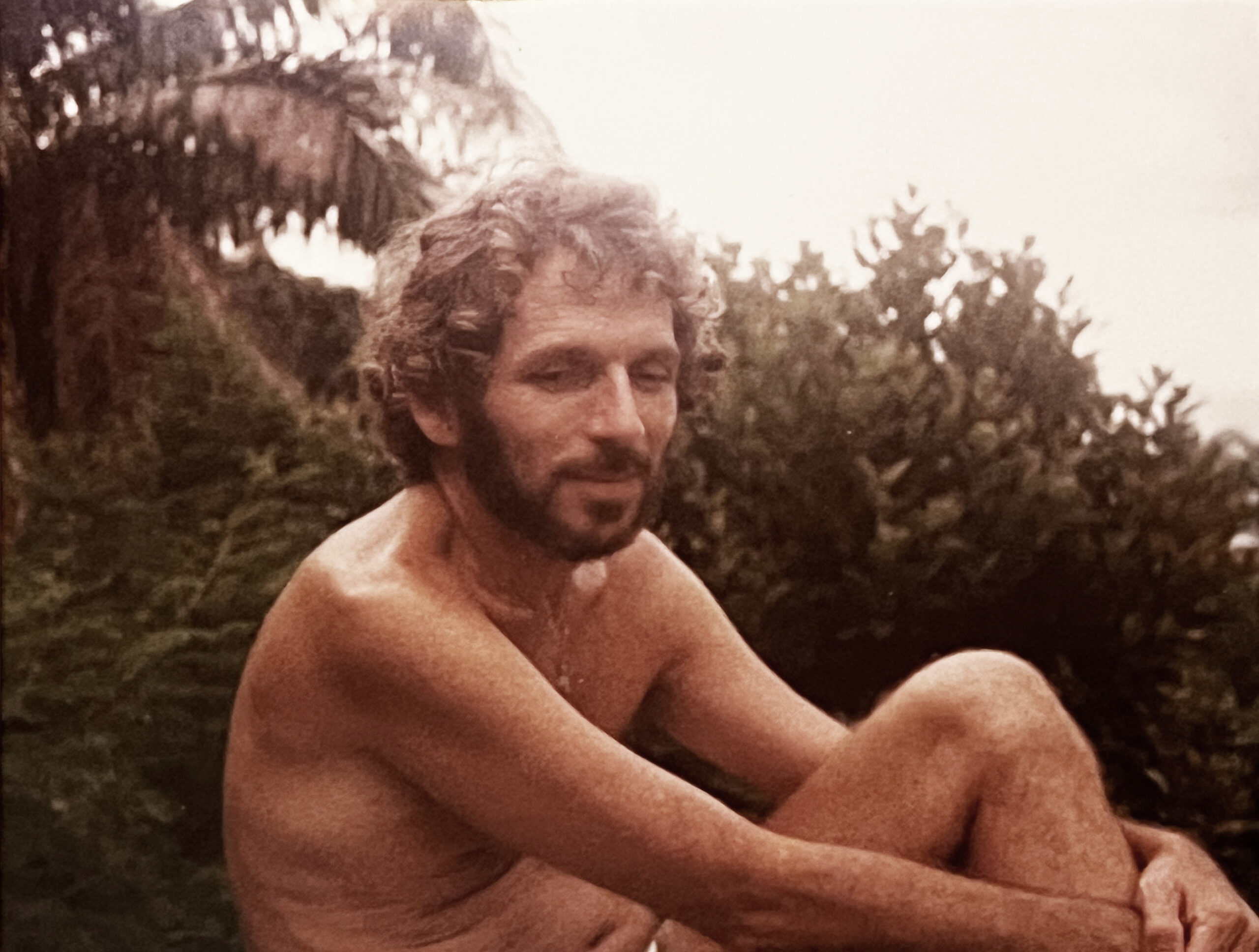
Southern California
In 1976 Sebastian relocated to Los Angeles, after the failure of his show with Divine called “The Heartbreak of Psoriasis”. There he attempted one more live show called Hollywood Haywire which he took to San Francisco to perform at his friend Allen Michaan’s theater. This was also a failure, and Sebastian abandoned live theater for filmmaking. He made five more short films, Es Un Pajaro?, Adolph & Eva (in which he starred as Hitler), Abe Lincoln in California, They Saved Gidget’s Brain and Ollie’s Slide Show. Finding there was limited or no showcase for short films he turned to novel writing. He honed his craft on short stories before writing three books, Nobody’s Bitch, Little Green Monster and Trippy Hippy. He is currently working on a novel about a road trip in Mexico called A Hundred Years of Cilantro.
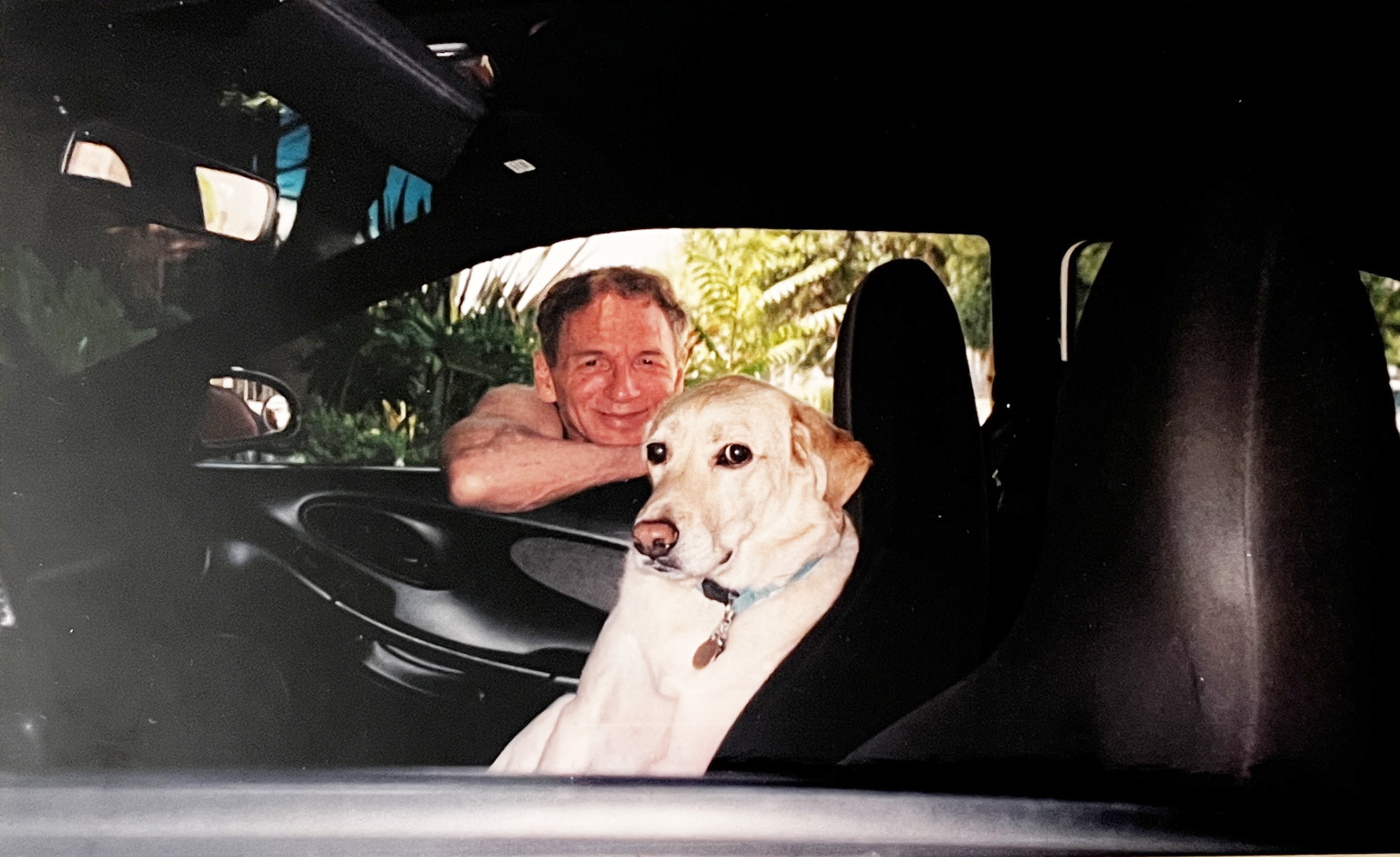
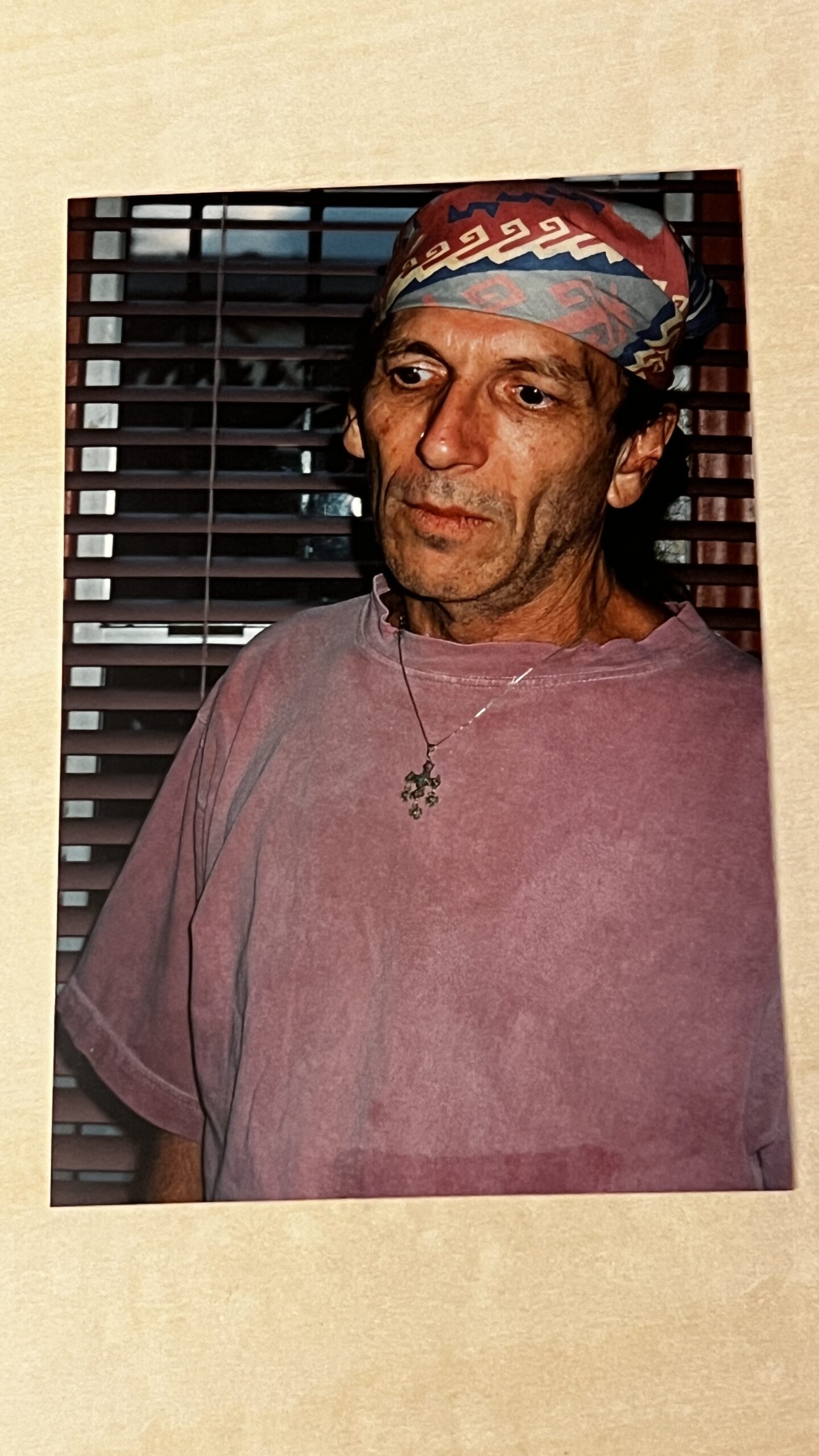
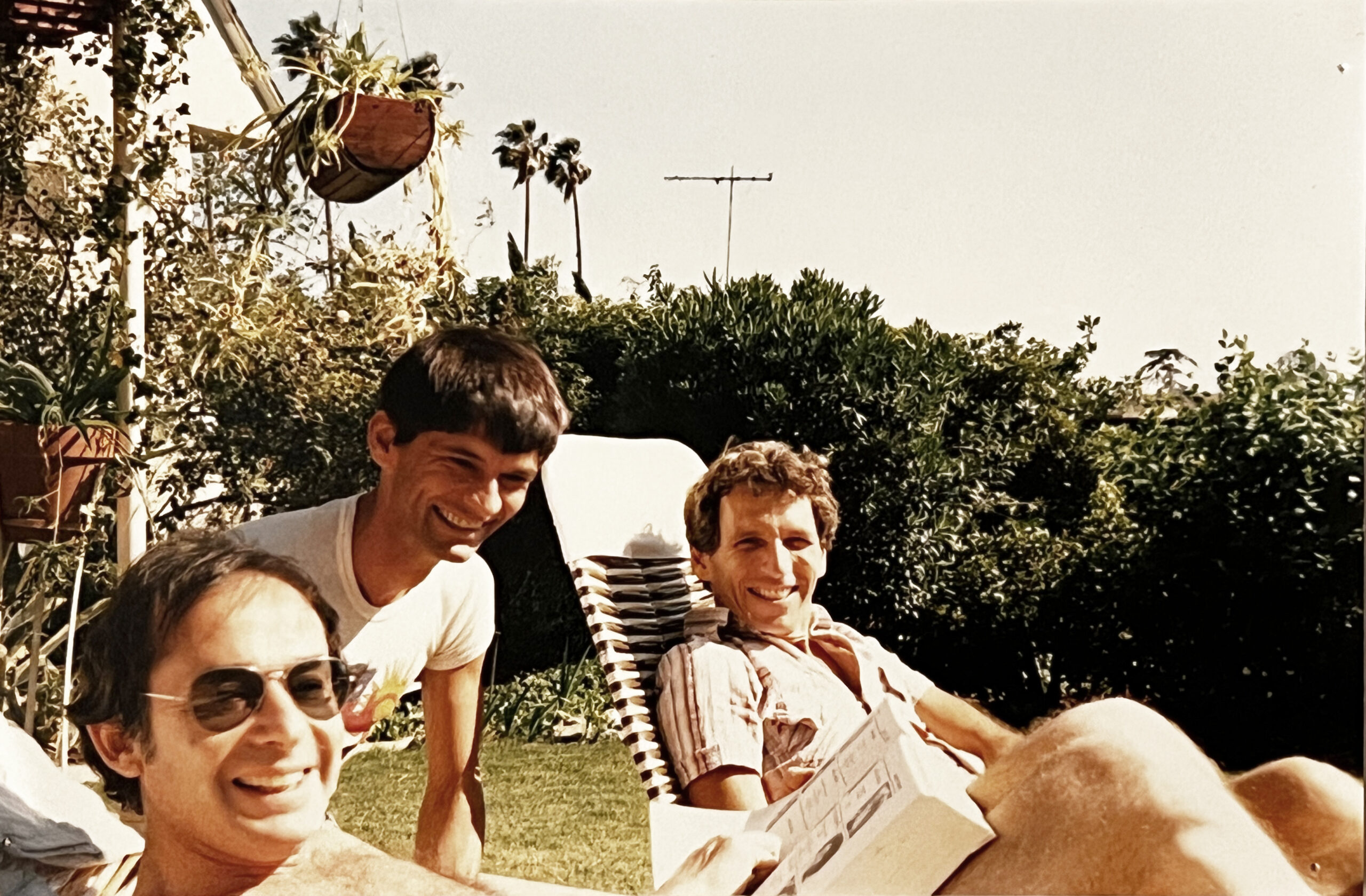
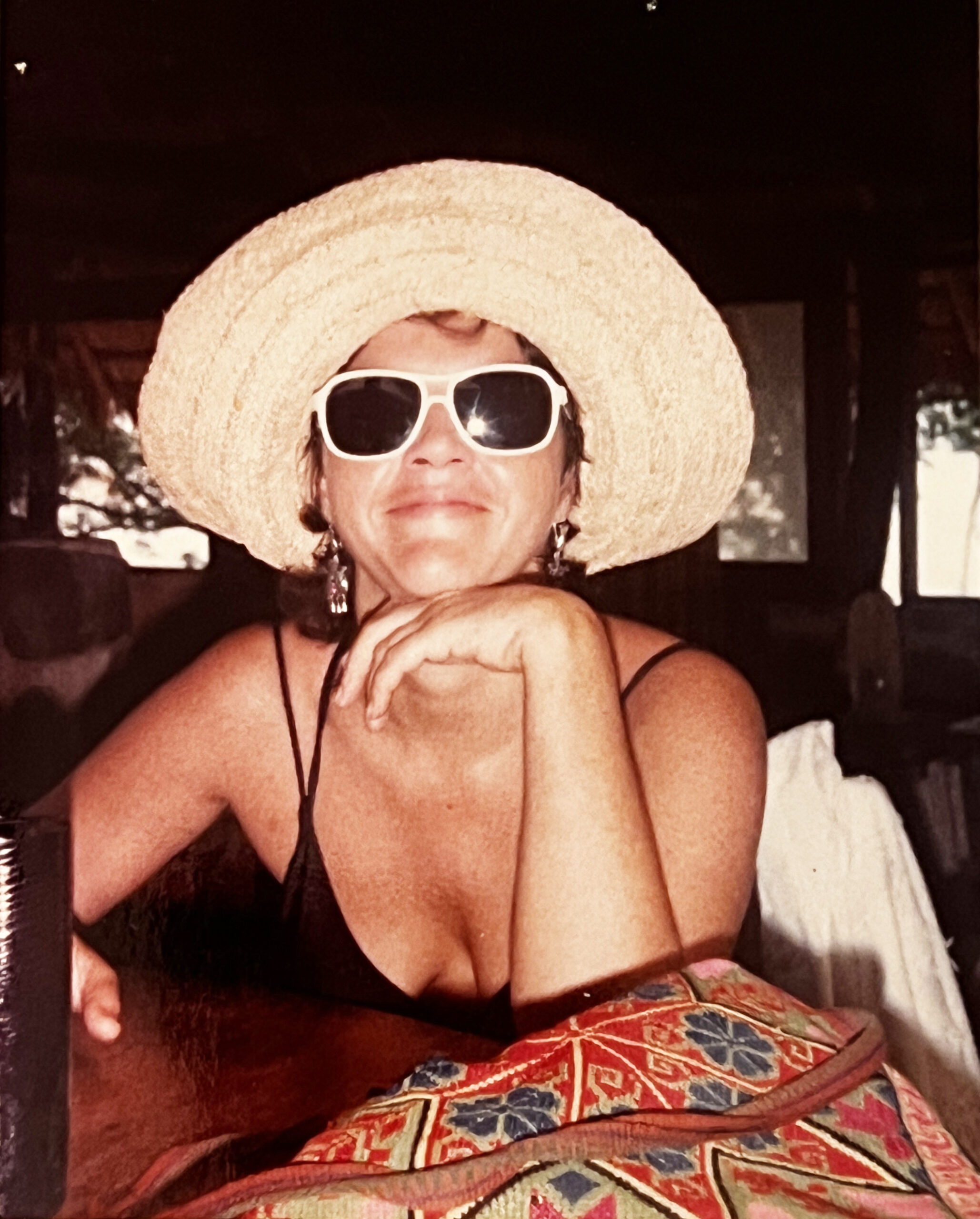
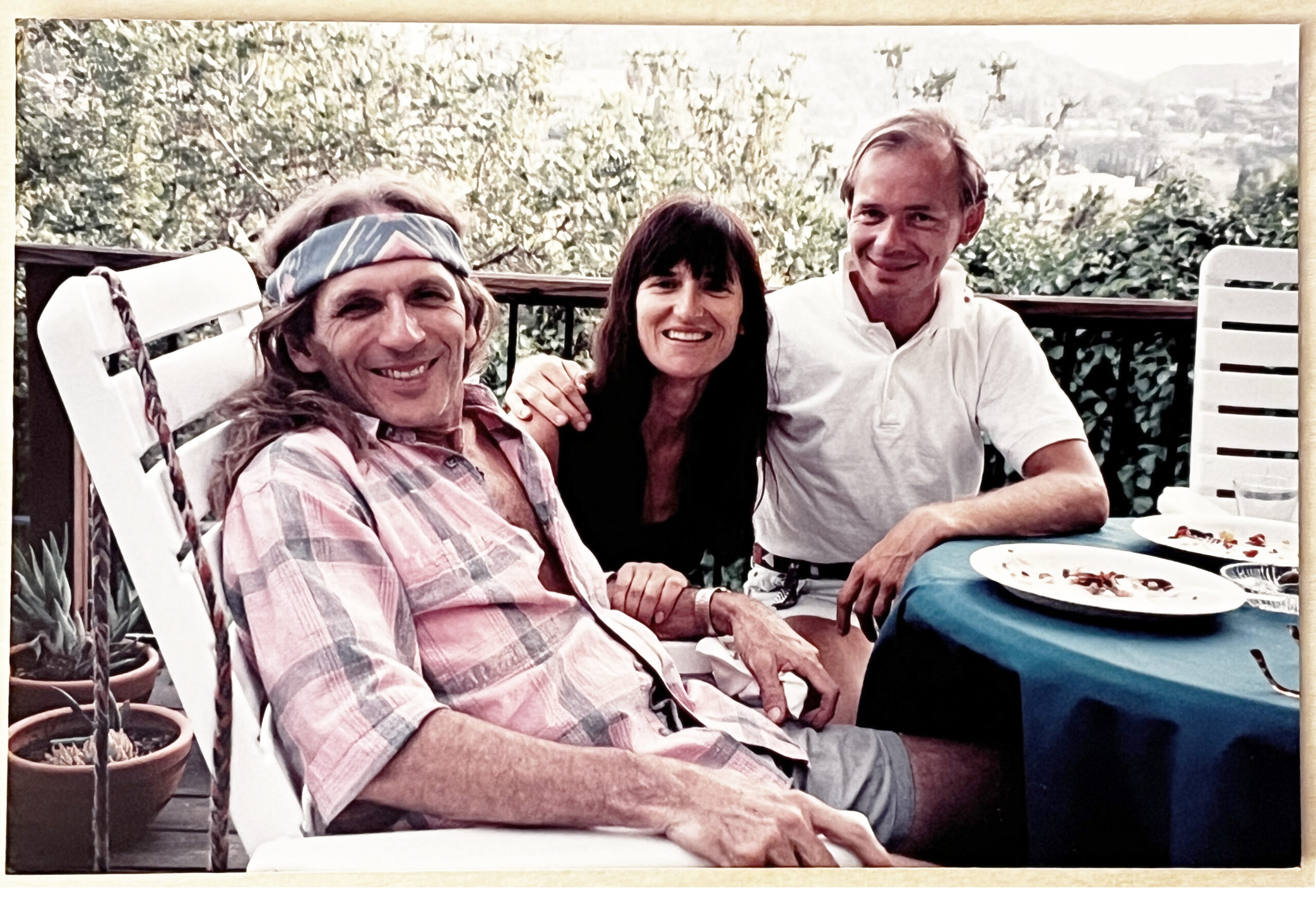
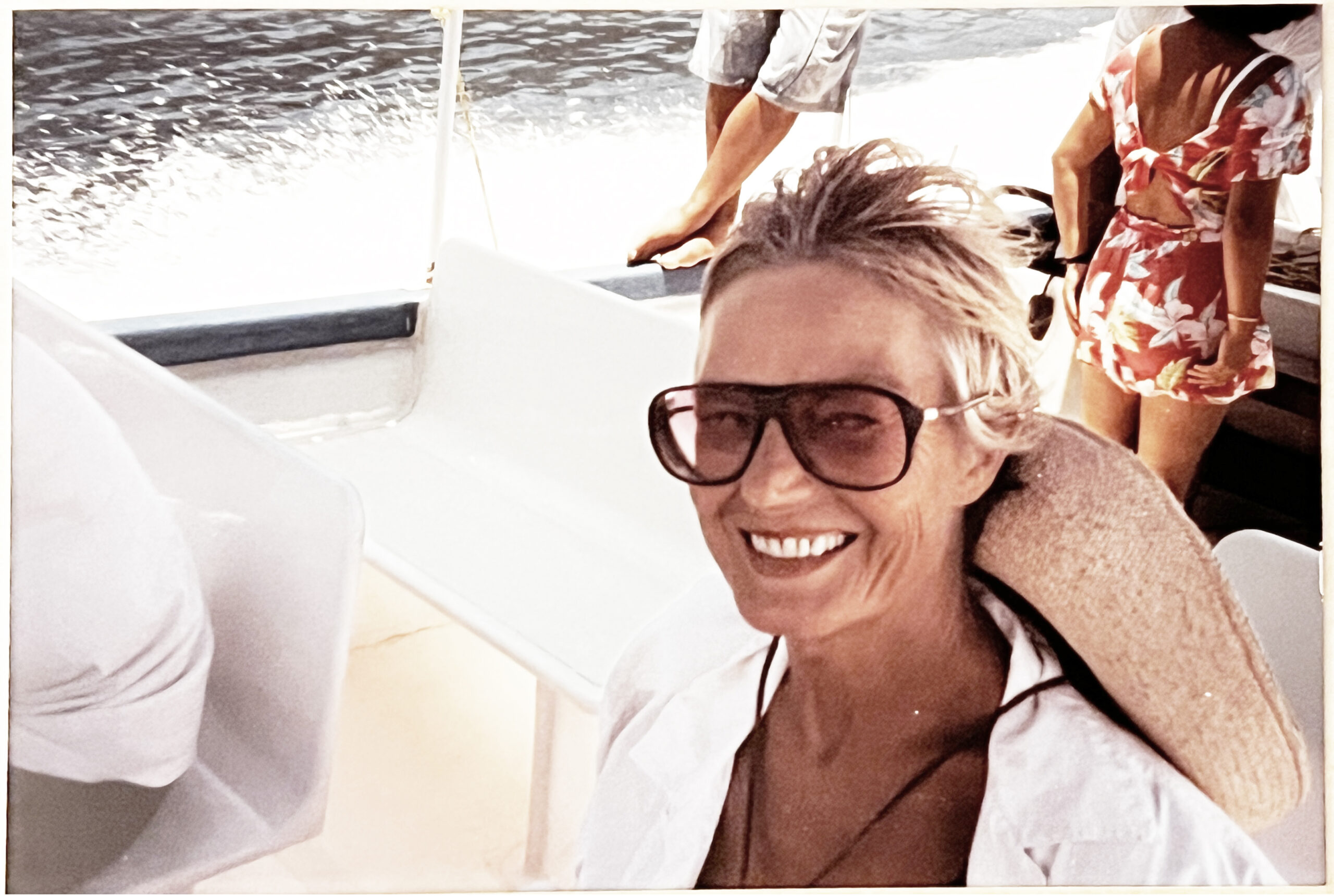
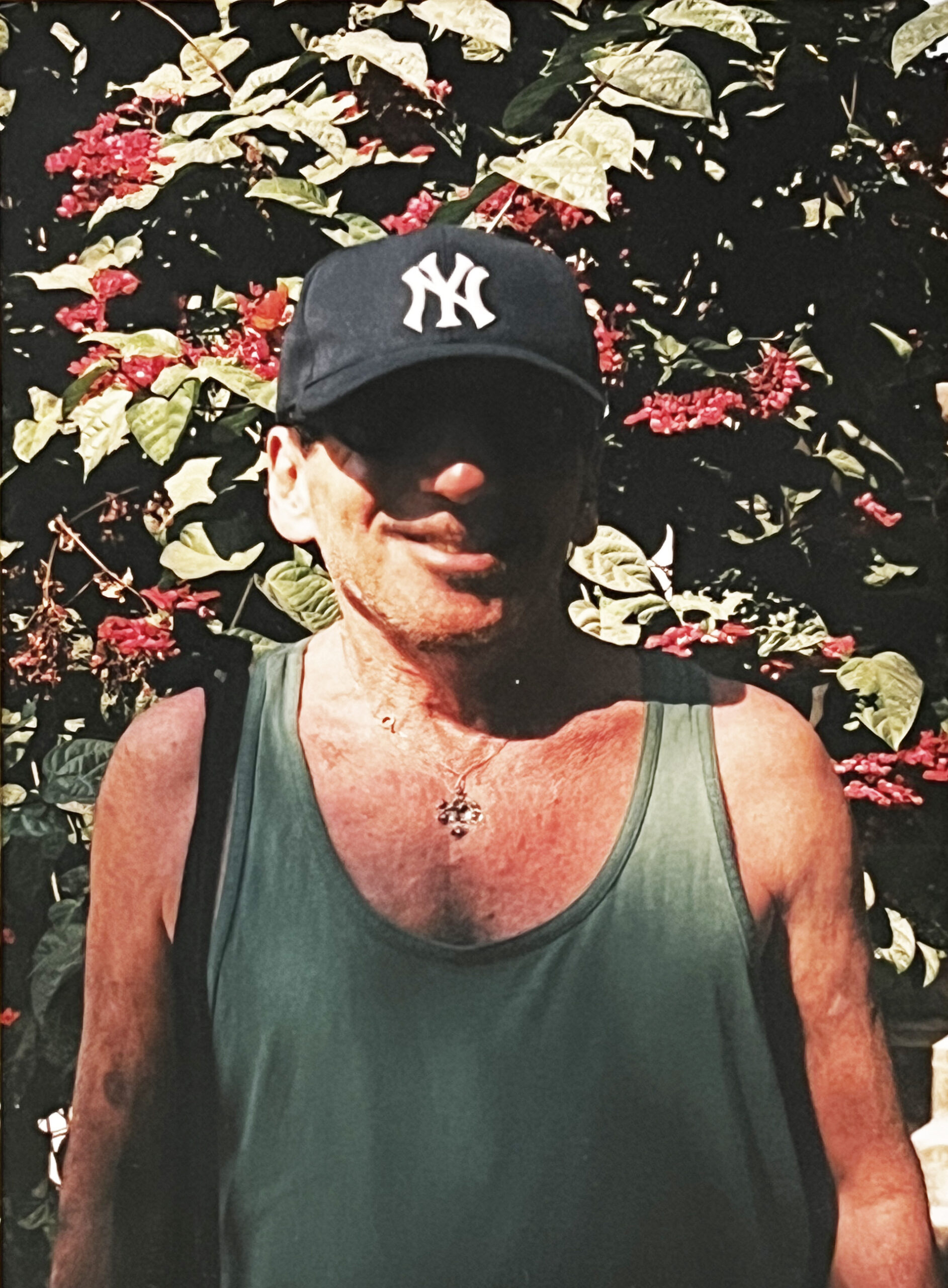
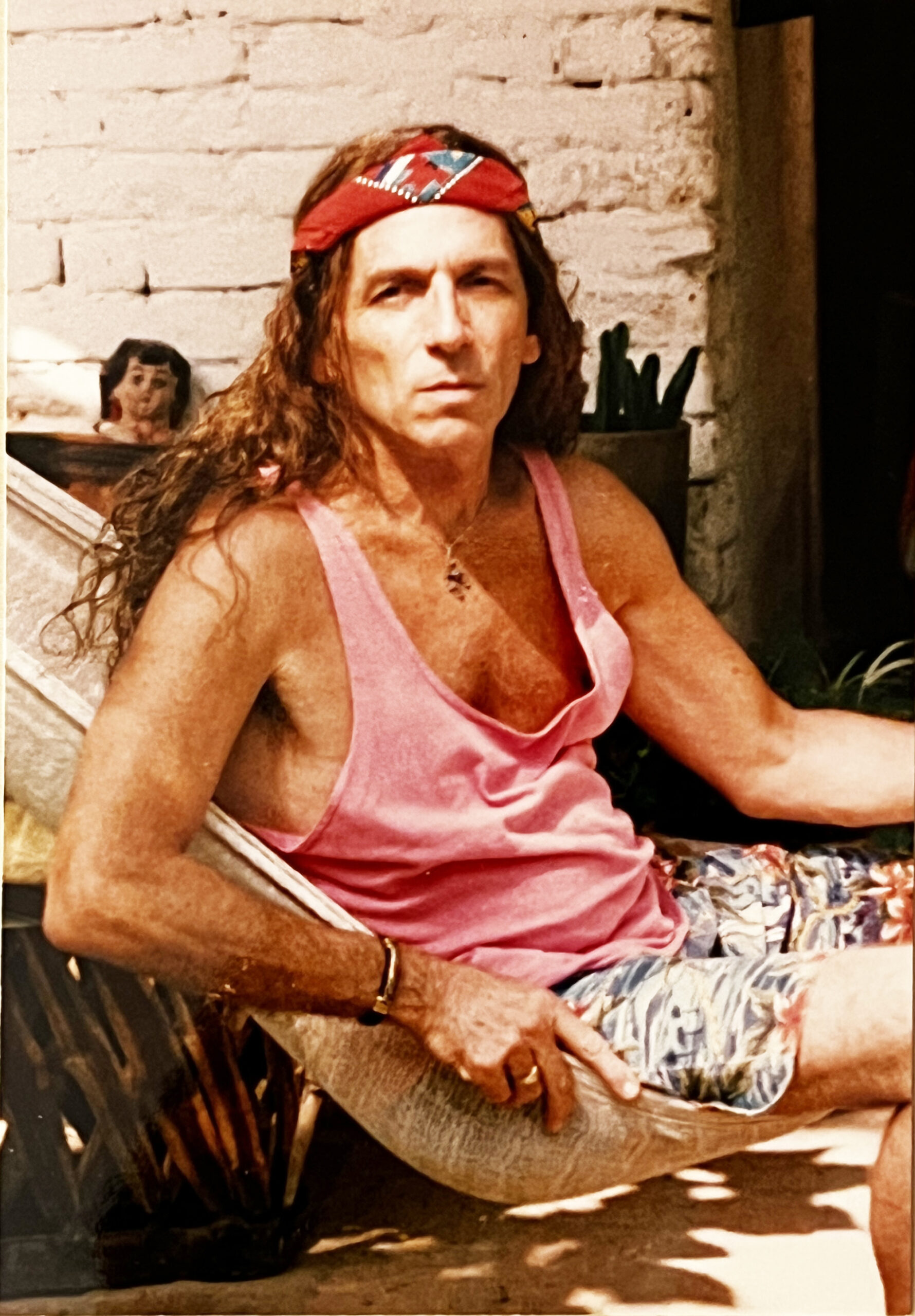
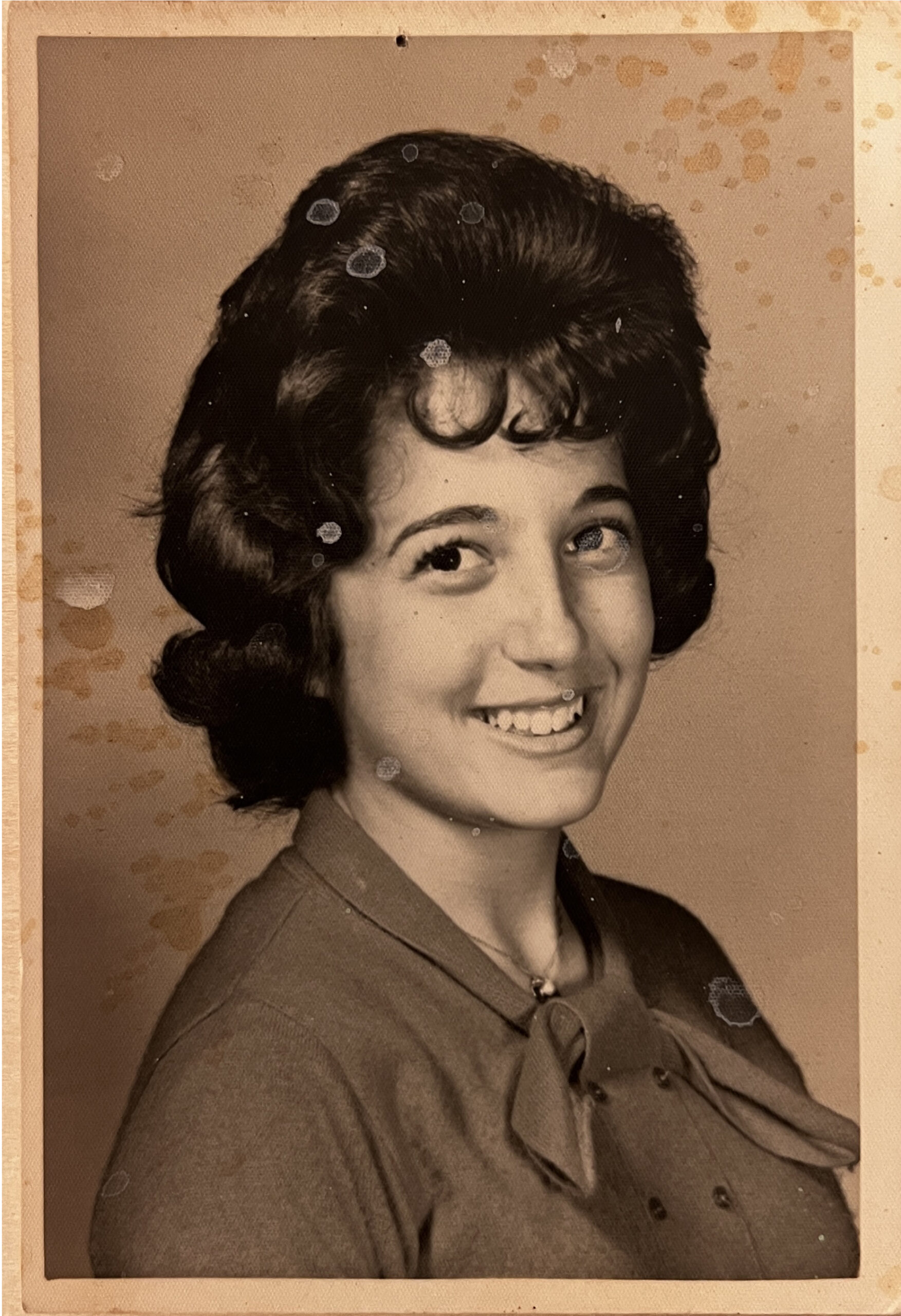
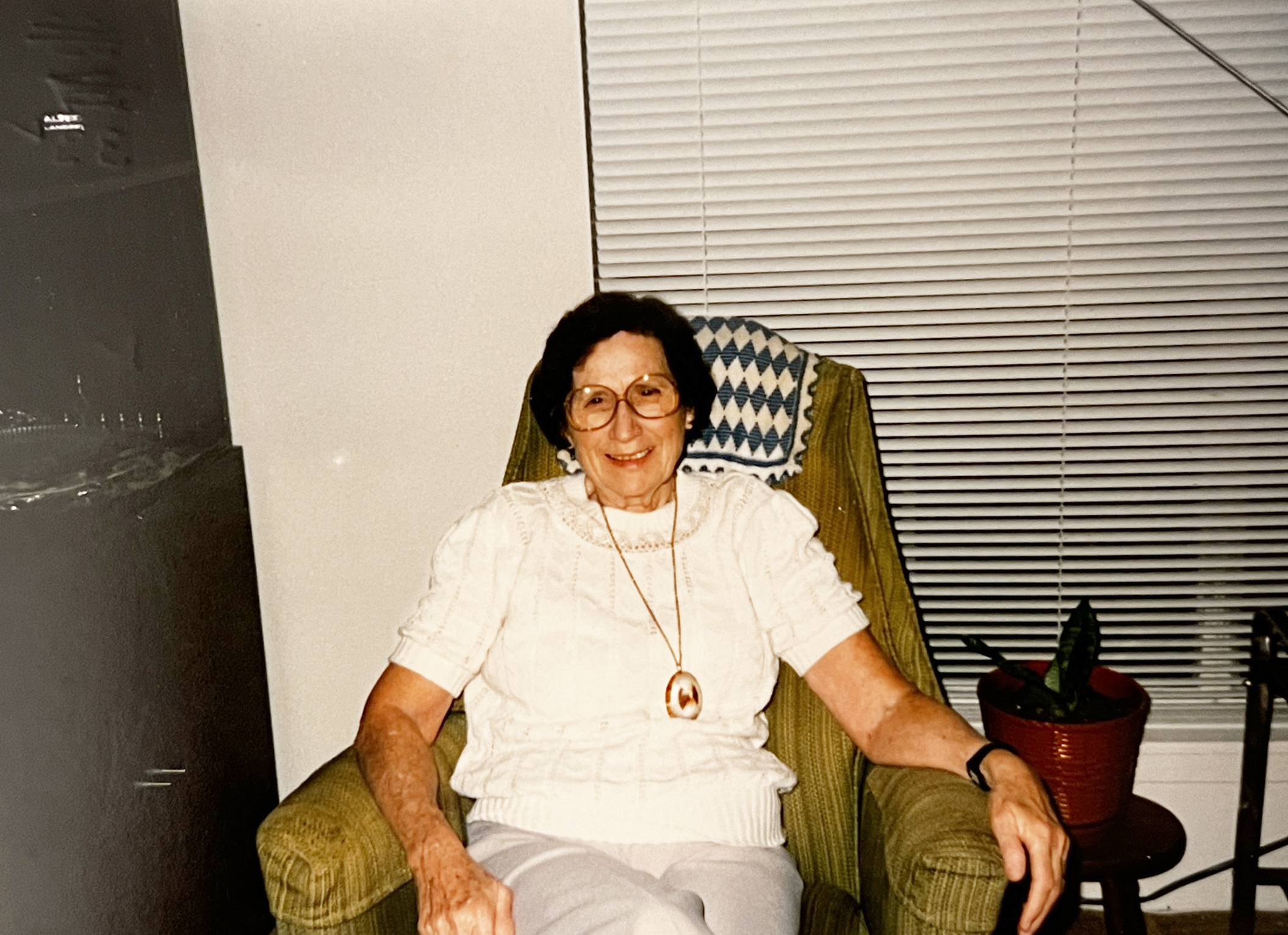
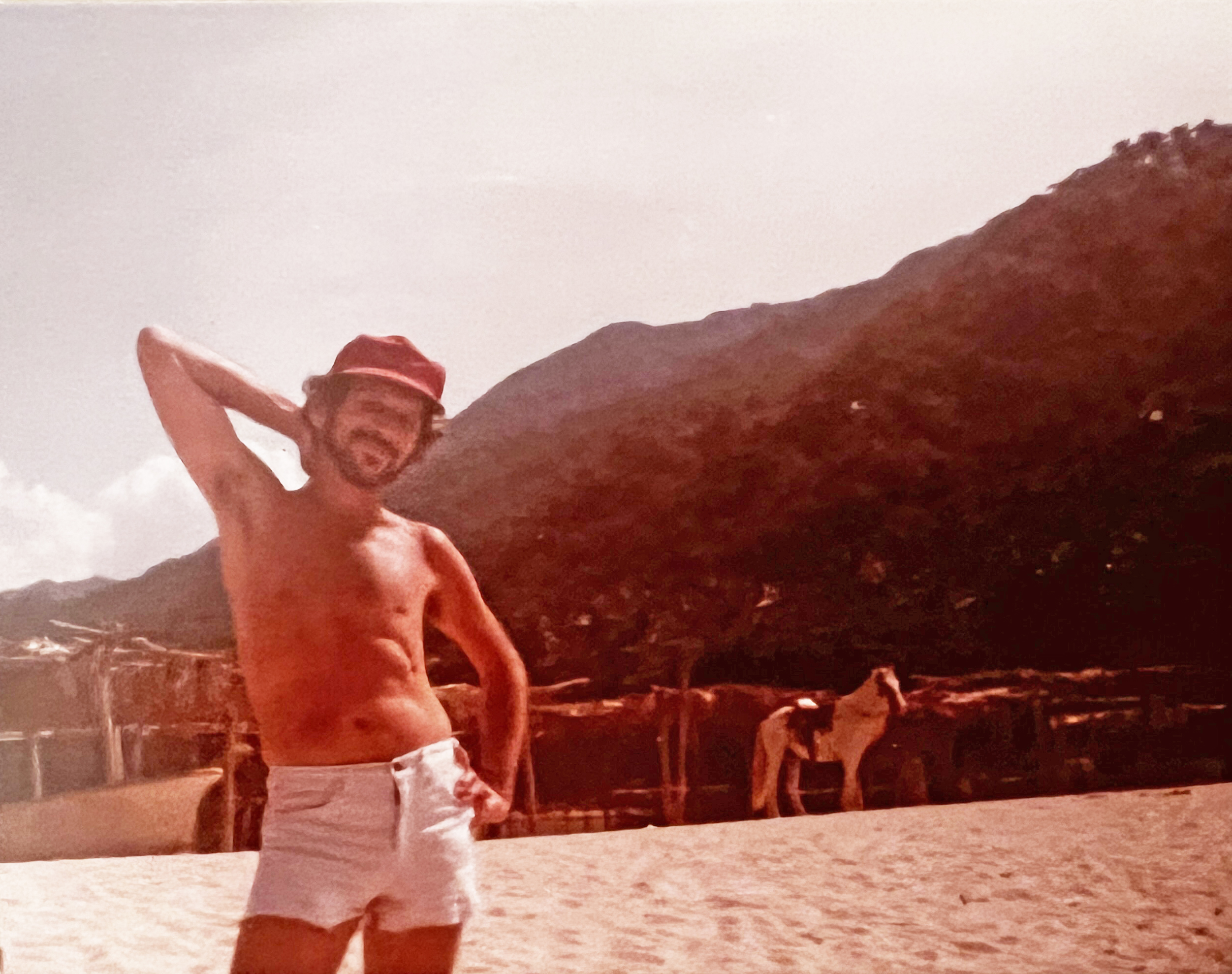
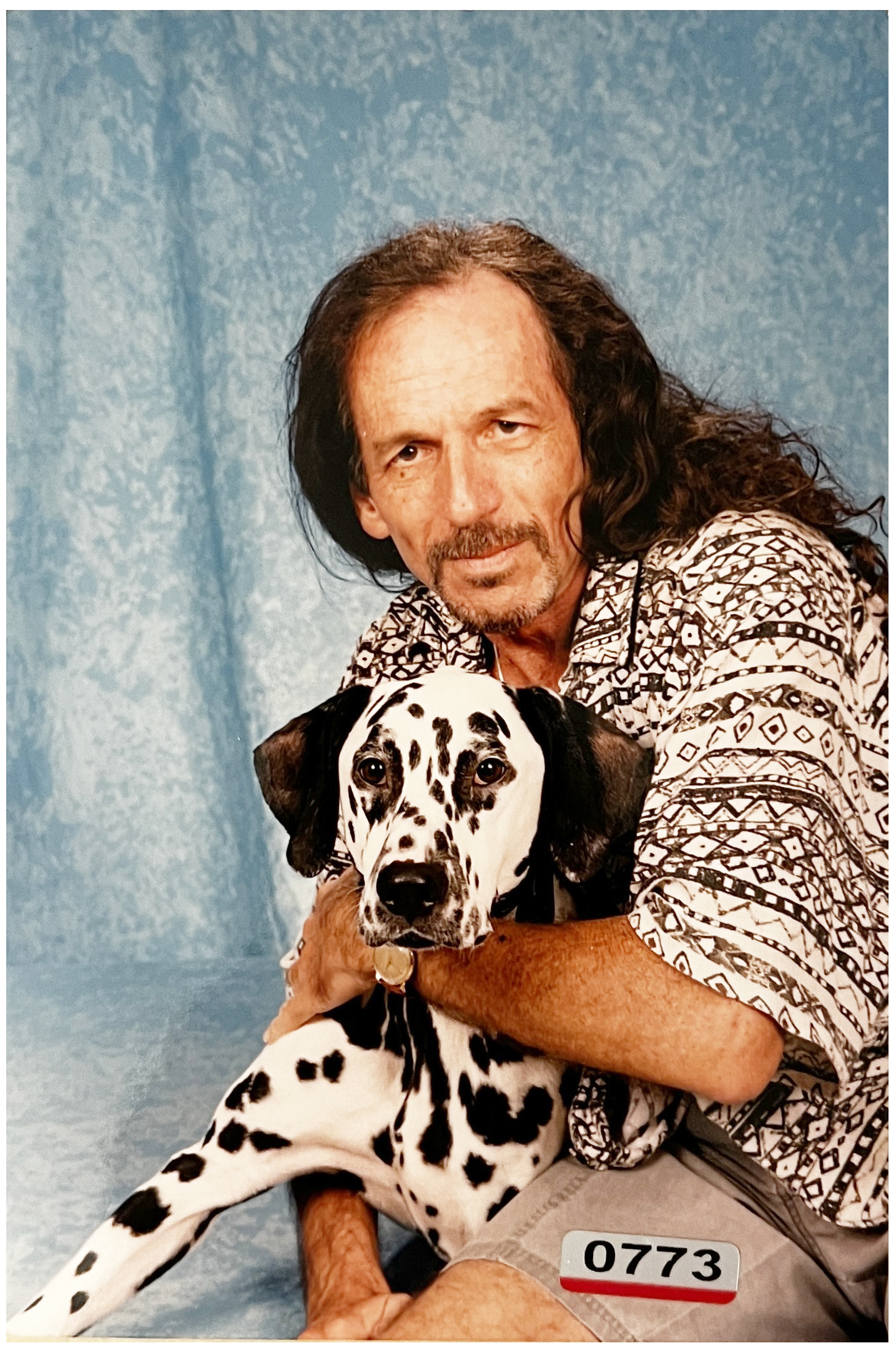
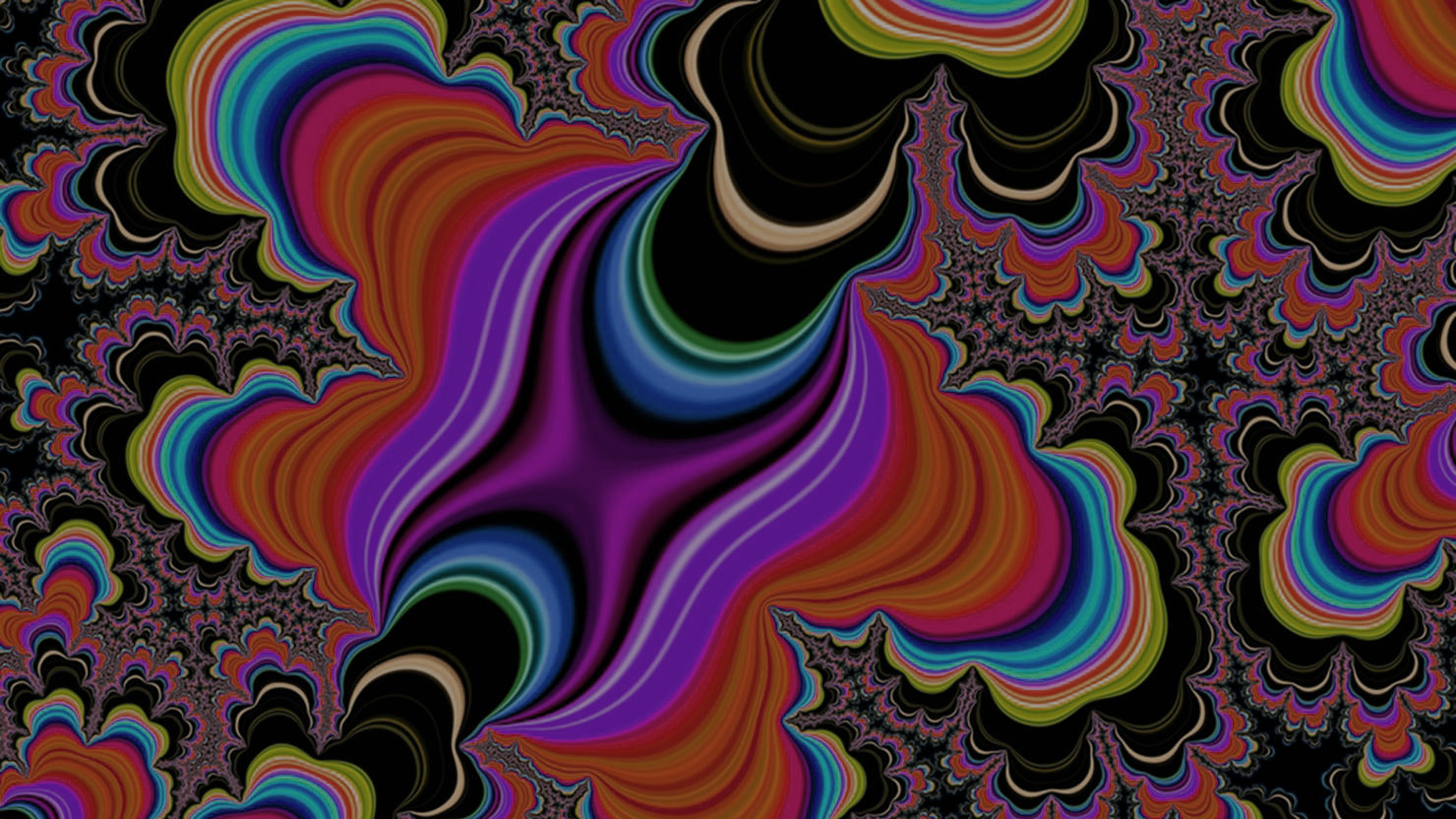
Pinned Section Place holder
During the early years in San Francisco he spent his time exploring the Bay Area and widening his social contacts which eventually brought him into partnership with artist and filmmaker. Steven Arnold. In 1969 they began a midnight film series in a Chinese Movie Theater called The Palace, where Sebastian programmed an eclectic mix of experimental, classic and camp films under the label, Nocturnal Dream Shows.
